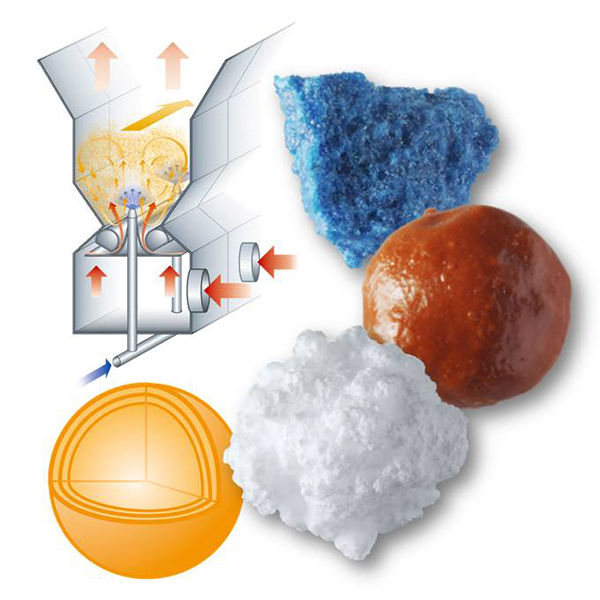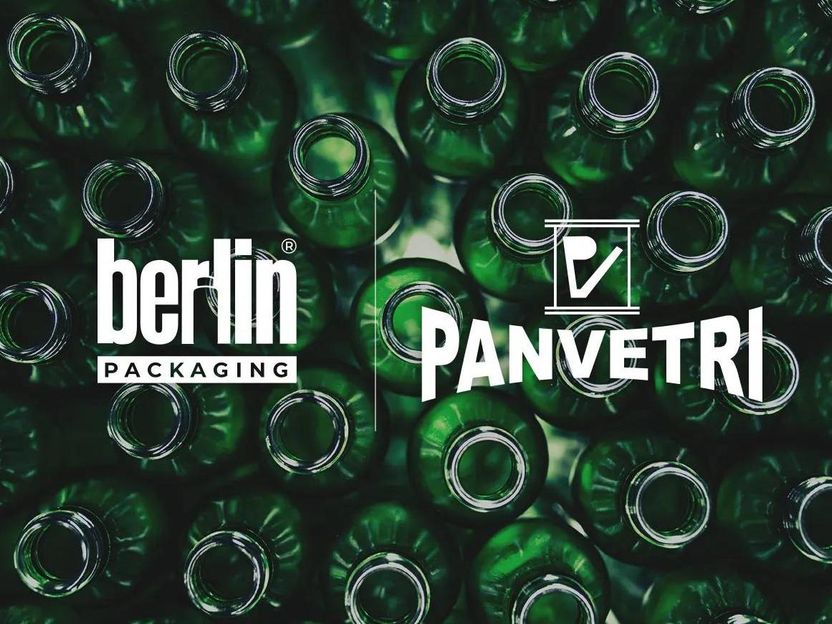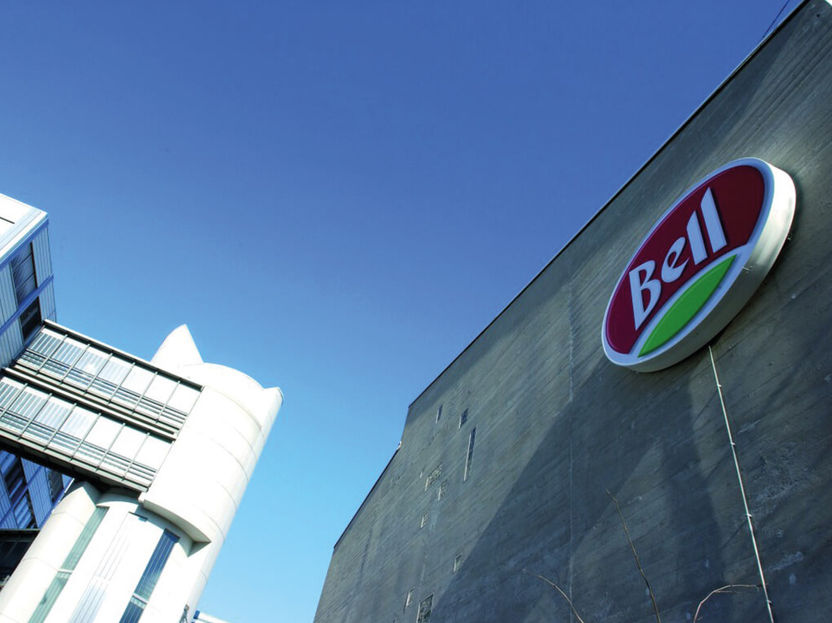Mars Food's Health & Wellbeing Initiative draws a positive interim balance
Mars food, manufacturer of brand icons such as Uncle Ben's or Mirácoli, has come a considerable step closer to the ambitious goals of its global Health & Wellbeing ambition. A report recently published shows that Mars Food has delivered an additional 920 million balanced meals since the introduction of this package of measures in 2016 - 520 million of them in 2018 alone.
The term "balanced meal" is based on strict nutritional guidelines of the World Health Organization (WHO) for calories, added sugars, salt and saturated fats, which form the basis for the Mars Food nutritional criteria. Mars reveals that currently 77.4% of its global product portfolio (measured by sales volume) is within these nutritional limits - in 2016 it was still 65% and 72% in 2017.
It can be expected that the company will achieve its goal of "one billion additional balanced meals worldwide" by the end of 2019 - one year earlier than planned. The total number of balanced meals that Mars Food delivers worldwide would thus rise to four billion.
This progress was achieved through growth, reformulations and the further development of the product portfolio. Mars has already exceeded its original goal of reducing the salt content of its products worldwide by an average of 20% by 2021: A reduction was achieved that is on average 22.3% below the baseline value of 2016. This is the result of earlier reformulations where the average amount of sodium was already reduced by 25% between 2007 and 2012.
Fiona Dawson, Global President Mars Food, Multisales & Global Customers, reflects: "Guided by our goal of 'Better Food Today. A Better World Tomorrow', today we reach more people in more and more places with better food. When we launched our Health & Wellbeing ambition in 2016, we wanted to go one step further than many others and imposed obligations that raise the bar. I am therefore also pleased that last year we made good progress with this package of measures and were able to add 920 million balanced meals to the world's dining tables. I am particularly proud that we have already exceeded our goal of reducing the salt content of our products worldwide by an average of 20% by 2021 (starting from 2016), with 22.3%."
In addition, 99% of the products in Mars Food's global portfolio suitable for daily consumption now meet WHO recommendations for added sugars. In addition, the company has undertaken to further increase the proportion of whole grain cereals and legumes in its rice and cereal products. Currently, all tomato-based sauces contain one ration of fruit or vegetables per serving, and 37% of the company's rice and cereal products contain one ration of whole grain or legumes per serving. This brings the self-imposed target of 50% by 2021 within reach.
Hans Bakker, General Manager Food Germany, says: "The basis of a healthy lifestyle is the food we eat. I am therefore proud that Mars Food supports people in their daily diets with balanced, high-quality, tasty and, last but not least, affordable foods. What's more, we want to inspire people around the world to eat together again more frequently. For example, with Uncle Ben's and the associated initiative "Ben's Beginners", we are committed to discovering the joy of cooking and eating together within the family - even when time is short. Balanced and tasty meals are part of Uncle Ben's understanding of quality and are a lived philosophy. If we set a good example, we can make a difference by leveraging the influence and reach of our cult brands."
Mars Food is also committed to helping consumers make healthier choices through labelling and greater transparency. The nutritional information is clearly marked on the packaging of all Mars Food products. This results in calorie, salt, sugar and fat content per serving. The company is also working to inspire consumers with healthier recipes.
The latest report also shows how Mars Food aims to encourage people to cook and eat together at home again, and above all to teach children how to cook.
This also includes promoting initiatives for healthy eating habits within our own workforce. Mars Food offers its employees healthy cafeteria meals that meet WHO standards at its locations around the world. This offer is flanked by workshops to promote nutrition awareness among employees. In addition, almost every location has a communal kitchen where employees can cook and eat together on working days.
Mars Food is committed to providing regular and comprehensive information on the progress of the Global Health & Wellbeing Ambition. The next progress report will be published in summer 2020.
Note: This article has been translated using a computer system without human intervention. LUMITOS offers these automatic translations to present a wider range of current news. Since this article has been translated with automatic translation, it is possible that it contains errors in vocabulary, syntax or grammar. The original article in German can be found here.
Most read news
Organizations
Other news from the department business & finance

Get the food & beverage industry in your inbox
By submitting this form you agree that LUMITOS AG will send you the newsletter(s) selected above by email. Your data will not be passed on to third parties. Your data will be stored and processed in accordance with our data protection regulations. LUMITOS may contact you by email for the purpose of advertising or market and opinion surveys. You can revoke your consent at any time without giving reasons to LUMITOS AG, Ernst-Augustin-Str. 2, 12489 Berlin, Germany or by e-mail at revoke@lumitos.com with effect for the future. In addition, each email contains a link to unsubscribe from the corresponding newsletter.
Most read news
More news from our other portals
Last viewed contents

Nestlé Brazil introduces paper straws from SIG on all NESCAU carton packs

Study shows oregano essential oil’s ability to reduce parasite infectivity

GEA adds proven AI solution to its portfolio with acquisition of CattleEye - Acquisition underscores GEA's commitment to animal health and welfare as part of its Next Generation Farming strategy

"Organic climate vegetables": how do carrots and leeks get by with less water?

Pollination by insects: Economic benefit probably much higher than expected - The economic benefit of animal pollination work amounts to 1 trillion US dollars worldwide

Product development | IPC Process Center

Berlin Packaging Strengthens European Presence with Acquisition of Panvetri - Acquisition expands the company's wine and olive oil offering

The Bell Food Group grows by 5.5 percent and continues to gain market share - «With its broad product and country portfolio, the Bell Food Group is well equipped to master the challenges of the future»































































